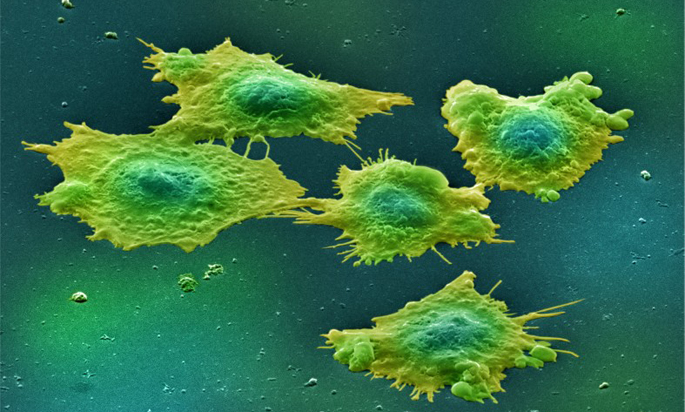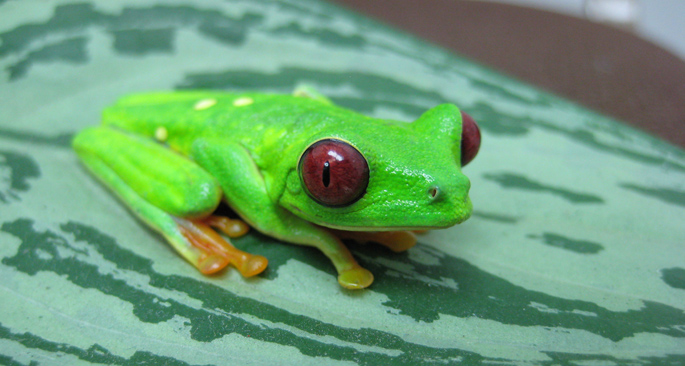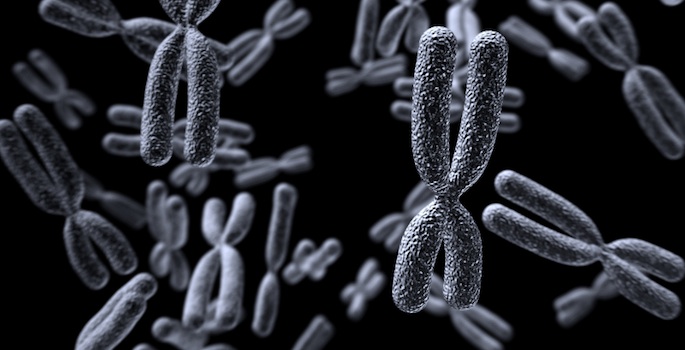Nature
-

New signaling pathway provides clues to obesity
A Vanderbilt University-led research team has discovered a molecular “rheostat” in the brain’s appetite control center that may provide new insights into obesity, which is at epidemic levels in this country. Read MoreJan 22, 2015
-

Treatment Helps Frogs Fight Fungal Pathogen
Simple heat treatments may give the frog immune system a boost and help it fight off a deadly fungal pathogen, according to a new study published July 10 in the journal Nature. Read MoreSep 26, 2014
-

Colon cancer’s protein signatures identified
A Vanderbilt University-led research team has identified protein “signatures” of genetic mutations that drive colorectal cancer, the nation’s second leading cause of cancer deaths after lung cancer. Read MoreJul 24, 2014
-

Study finds ‘hot’ frogs fight off fungal pathogen
Simple heat treatments may give the frog immune system a boost and help it fight off a deadly fungal pathogen, according to a new study published July 10 in the journal Nature. Read MoreJul 9, 2014
-

‘Snooze button’ on biological clocks improves cell adaptability
(iStock) The circadian clocks that control and influence dozens of basic biological processes have an unexpected “snooze button” that helps cells adapt to changes in their environment. A study by Vanderbilt University researchers published online Feb. 17 by the journal Nature provides compelling new evidence that at least some species… Read MoreFeb 17, 2013
-

Vanderbilt researchers help reveal complex role of genes in autism
Mutations in hundreds of genes involved in wiring the brain may contribute to the development of autism spectrum disorders (ASD). Read MoreApr 4, 2012
-

Investigators seek clues to resistance to melanoma drug
Investigators at Vanderbilt-Ingram Cancer Center and several other centers may be one step closer to finding out why some melanoma patients relapse after treatment with a promising new drug. Read MoreJan 26, 2012
-

Four new Alzheimer’s genes uncovered
Jonathan Haines, director, Vanderbilt Center for Human Genetics Research (Vanderbilt) Vanderbilt researchers, who helped organize a consortium including the University of Pennsylvania School of Medicine, the University of Miami Miller School of Medicine, and the Boston University School of Medicine, have identified four new genes linked to… Read MoreApr 4, 2011
-

Carbon labeling: putting the power in consumer’s hands
A private carbon labeling system could help make a dent in greenhouse gas emissions by leveraging consumer purchasing power. Read MoreMar 29, 2011
-

Future of the Parable of the Lost Sheep
Vanderbilt physicist Robert Scherrer supplements his scientific research with writing science fiction stories. Bob Scherrer is bicultural: Not only is he a practicing theoretical physicist, but the chairman of Vanderbilt’s physics department is also a published author of science fiction. Several years ago we did a… Read MoreMar 3, 2011